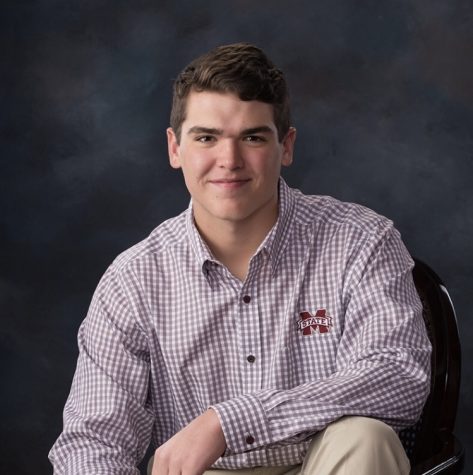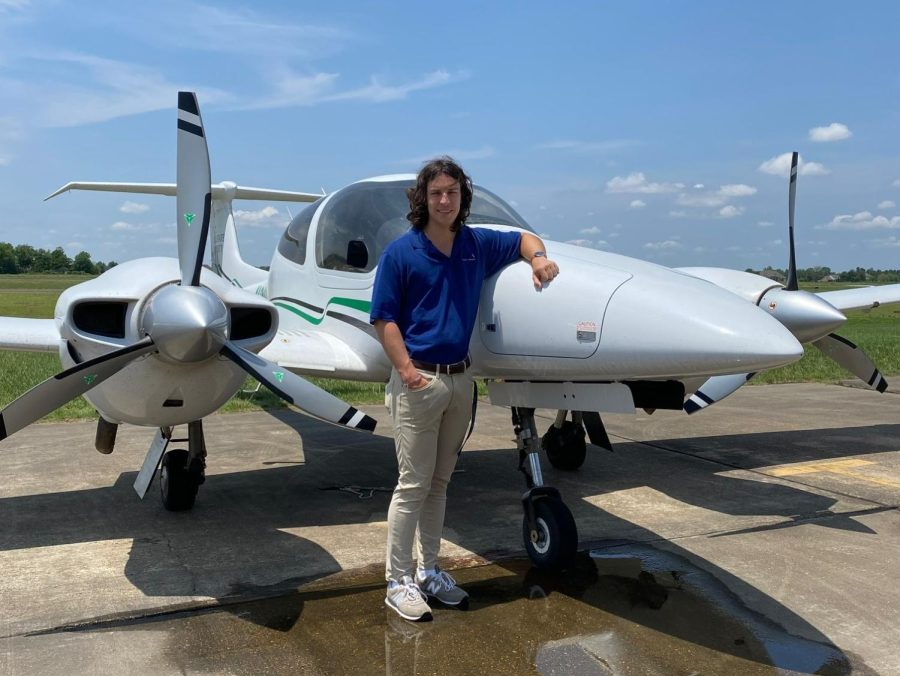The Flying Okra: Aviation at Delta State
Not many college students spend their scholarly time soaring through the air in a highly pressurized tube, but this is the reality for Delta State aviation students.
For many years, Delta State has received national recognition for its prominent aviation program The program accounts for a large chunk of the student body.
In the year 2022 alone, over 300 students expressed interest in the program. The question is, what does the Delta State Aviation Program offer to students?
Aviation Training and Outcomes
There are multiple facets of aviation that students of the program must become familiar with in order to pass their courses and become capable pilots.
Things like meteorology, airplane maintenance, flight maneuvers, aerodynamics, etc., are all vital components of aviation that students have to become acquainted with.
Students of the program receive this knowledge in a diverse and dynamic atmosphere. Their classroom can be the inside of a building, or it could be inside the cockpit of an airplane.
Students with less experience must complete cross country planning activities, a process that includes many moving parts.
Learning Process
A bead of sweat ran down his forehead as he stepped into the cockpit. He put on his seatbelt and his headset as well. This young student was about to fly an airplane for the first time.
“There was a feeling of nervousness and excitement,” said freshman aviation student Luke Kennedy. “On one hand I was flying in the air flinching at every bump, and on the other, I was getting to do something that the vast majority of people never get to do.”
Kennedy has now been in the Aviation Program for nearly a semester and a half. He says the flight training experience has helped him to progress as a pilot.
“I think the biggest difference is the standards that we are held to as first year students as opposed to seniors,” said Kennedy.
When aviation majors first begin their training, much of their time consists of learning the terminology of the business.
Kennedy acknowledges that there are aspects of aviation that can only be learned in the classroom. The configuration of flight plans, cross country planning, and weather factoring are aspects of aviation that are first learned in a traditional classroom setting.
As students continue on through their years of training, their education process begins to become largely experience based.
Another difference between freshmen and senior students is the aircrafts they get to operate.
“A senior’s training will typically consist of a more complex aircraft while the tasks they are performing tend to be more difficult than ours,” Kennedy said.
For example, the majority of first year students usually operate and fly single engine airplanes. More experienced students fly airplanes with multiple engines and more often than not without an instructor.
After Graduation
Now, Delta State helps aviation students secure many different types of occupations after graduating. The obvious is a career as a pilot, but flying an airplane is not the only thing aviation consists of.
Many students in aviation school at Delta State have other aspirations besides being a pilot. Other jobs in aviation include: airport management, aircraft manufacturing, military aviation, air traffic control and logistics.
However, senior aviation major Kaiden Holt, who has been in the aviation program for four years now, has chosen a different path than most.
He says: “After graduating I hope to stay here at Delta State and offer flight instruction to future students and gain a broader perspective that I believe will be an extremely valuable experience in the large scheme of my career.”
Holt also notes that he wishes to fly for FedEx commercial airlines one day and is adamant that the program at Delta State has equipped him with every tool possible to achieve that goal.
“Delta State is one of the most professional flight schools in the country,” he says. “They prepare each of their students for their professional careers.”
Like many students, Holt was extremely eager to arrive at Delta State and begin his journey to become a professional pilot four years ago.
Delta State has a historical aviation program that has trained thousands of professional pilots who are still flying today. Students like Luke Kennedy and Kaiden Holt aim to follow closely in their footsteps and continue the trend of the Flying Okra.

Charlie Lott is in his junior year and an English education major. He is interested in writing about sports and human interests. He attended four high...



